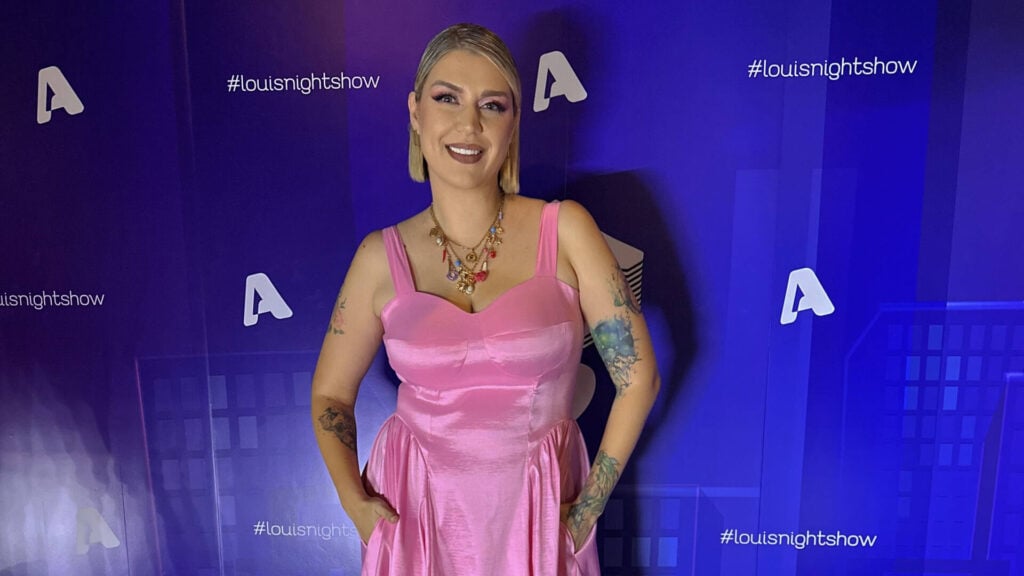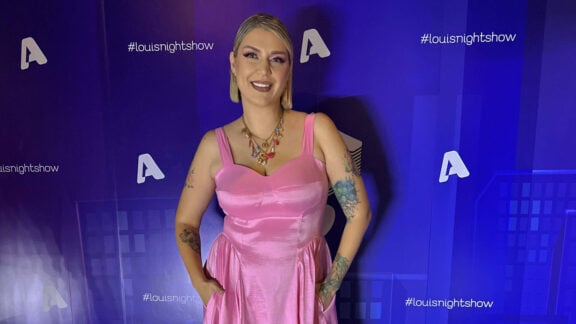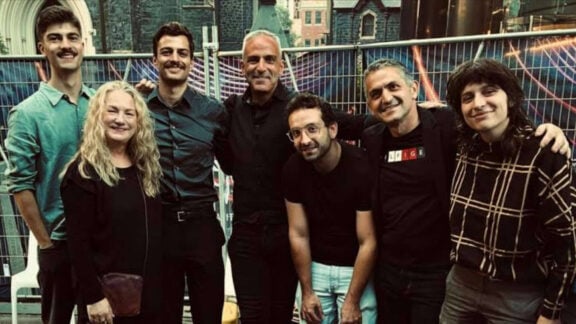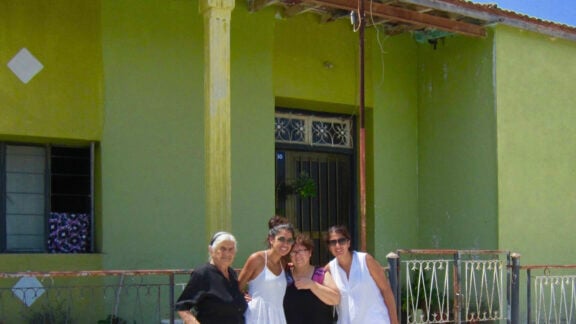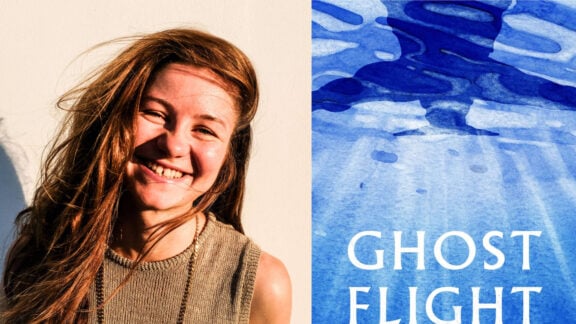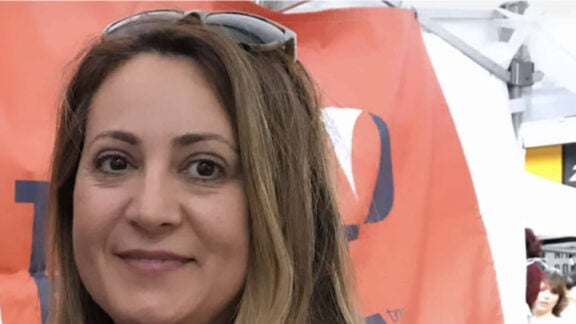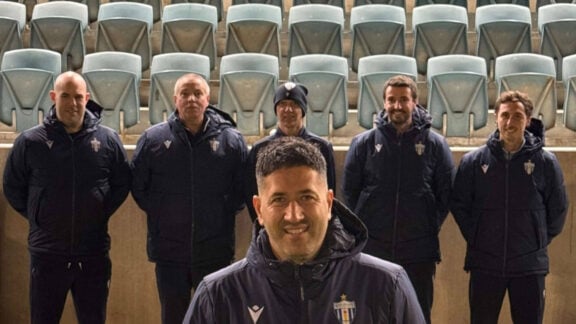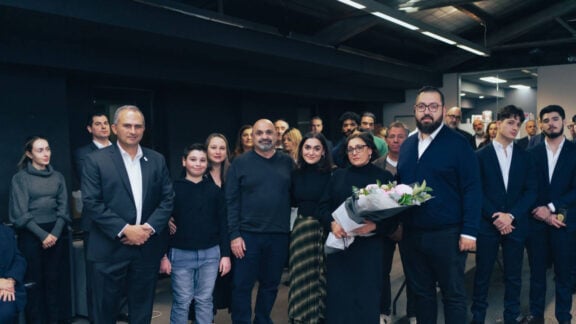Pan Dragomir never set out to be a social media star. The UK-educated, Cyprus-based content creator, writer and satirical radio host, first turned to TikTok during the first wave of COVID-19 pandemic lockdowns—more out of cabin fever and feeling isolated than ambition. Pan Dragomir has over 140,000 fans now, and on last count, 5.2 million likes.
Struggling with the emotional toll of quarantine, she began making humorous videos to lift her own and her friends’ spirits. “It was just for fun,” Pan says.
“My friends and family were the only ones meant to see it. But they encouraged me to post it publicly, and then it just… took off.”
Pan Dragomir uses a distinctive online name, with “Pan” originating as a nickname given by a friend. The full meaning or story behind “Dragomir” has not been publicly discussed, although it is a Slavic surname meaning “dear peace” or “precious peace.”
Her breakthrough moment came in March 2020 with a parody of a Giorgos Mazonakis rap song, rewritten with lockdown-specific lyrics about life in Cyprus.
Since then, Pan has built a devoted following by blending unapologetic humour, cultural pride, and body positivity with a sharp sense of timing and social commentary. “People often think being a content creator is just posting cute photos or sharing your breakfast,” Pan told Neos Kosmos.
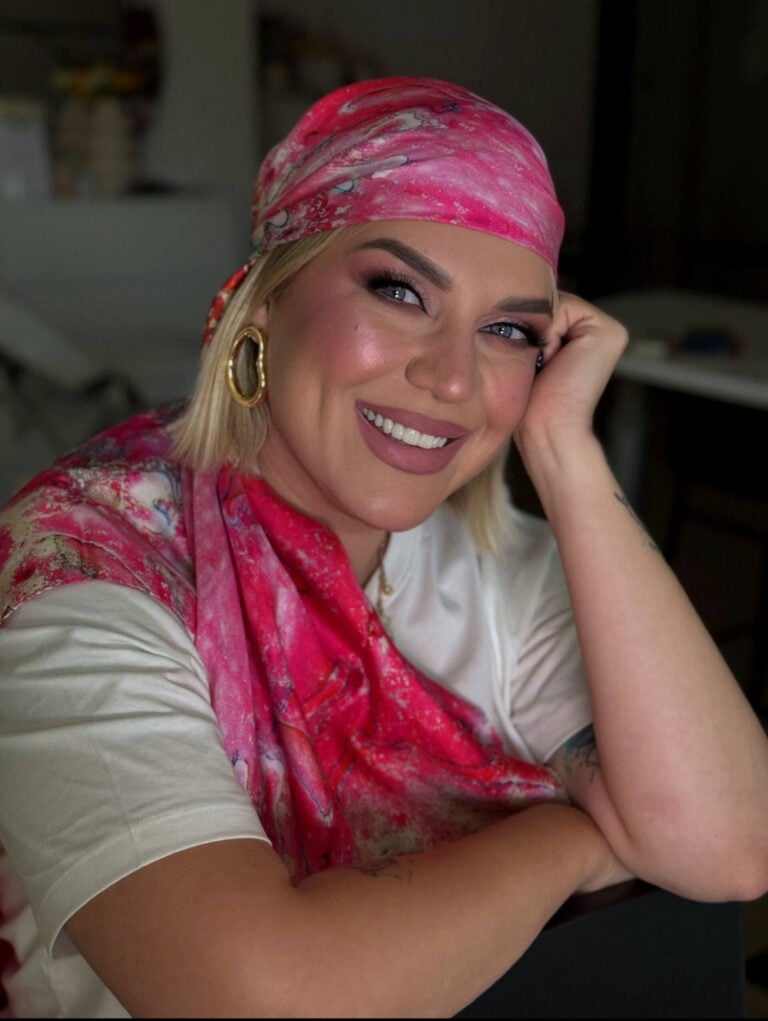
“It’s layered, there’s strategy, storytelling, real connection—and you’re wearing ten hats at once.” She studied communication and media in England and later worked as a journalist at an English-language magazine in Cyprus, experience that gave her a solid foundation in storytelling before she ever stepped in front of the camera.
Pan is particularly outspoken about representation—especially for plus-size women and for the Greek-Cypriot diaspora, two groups that often feel invisible in mainstream media. “I feel a deep responsibility to represent plus-size women, Cypriot women, and anyone who’s ever felt like they’re on the outside of traditional beauty or media norms,” she says.
“For me, cultural pride and body acceptance go hand-in-hand. I want people to feel seen, valued, and celebrated.”
One of the most moving messages she’s ever received came from a follower who, after seeing one of her swimsuit posts, wore a swimsuit in public for the first time in years. “That kind of vulnerability—putting yourself out there—can feel small in the moment, but it can truly ripple outward,” she says. “It reminded me why I do what I do.”
Pan’s content often riffs on traditional Cypriot life, from nosy aunties to the expectations placed on women’s bodies. But the humour is never mean-spirited—it’s rooted in affection and a desire to push for progress while honouring where she comes from. “My humour and perspective are deeply rooted in my Cypriot background,” she explains. “There’s a flavour to it that reflects our community—our resilience, our warmth, our cheek.”
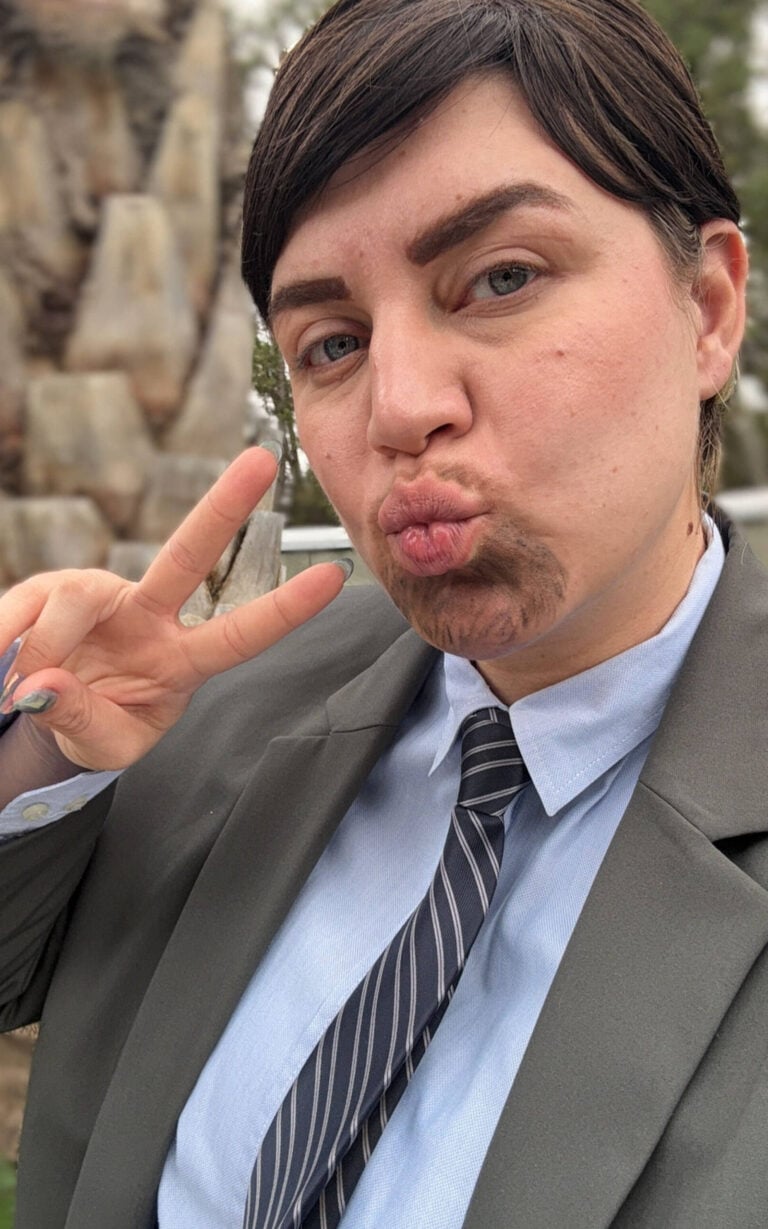
She doesn’t shy away from discussing the cultural double standards that shape so many women’s lives. When asked whether growing up in a largely patriarchal Greek-Cypriot society shaped her humour, she nods. “Absolutely,” she says. “There’s a certain performance expected of women—how to look, how to speak, how to behave. I love flipping that on its head. I think laughter is one of the most powerful tools for change.”
As her audience grows, so does her influence. She now co-hosts a satirical radio show that brings her signature wit to the airwaves, tackling everything from cultural quirks to generational clashes. Though based in Cyprus, her experience living and studying in the UK also shaped her. “In the UK I felt a little more anonymous,” she says. “But here, everything is personal. Everyone knows you, and that makes the work more vulnerable—but also more meaningful.”
When asked about her online persona, she smiles. “Pan Dragomir is part of me, but also a little larger than life,” she says.
She remembers how hesitant she felt before posting her first videos. “I was so afraid to embarrass myself. But I hit a point during lockdown where I thought, ‘The world is ending—you need to do something about this.’ And that’s how it started.”
And at the heart of it all? The joy of making people laugh. “If I can bring a smile to someone’s face or make them laugh even for a moment, that means everything,” she says. “Humour breaks down barriers. It reminds us we’re not alone.”
